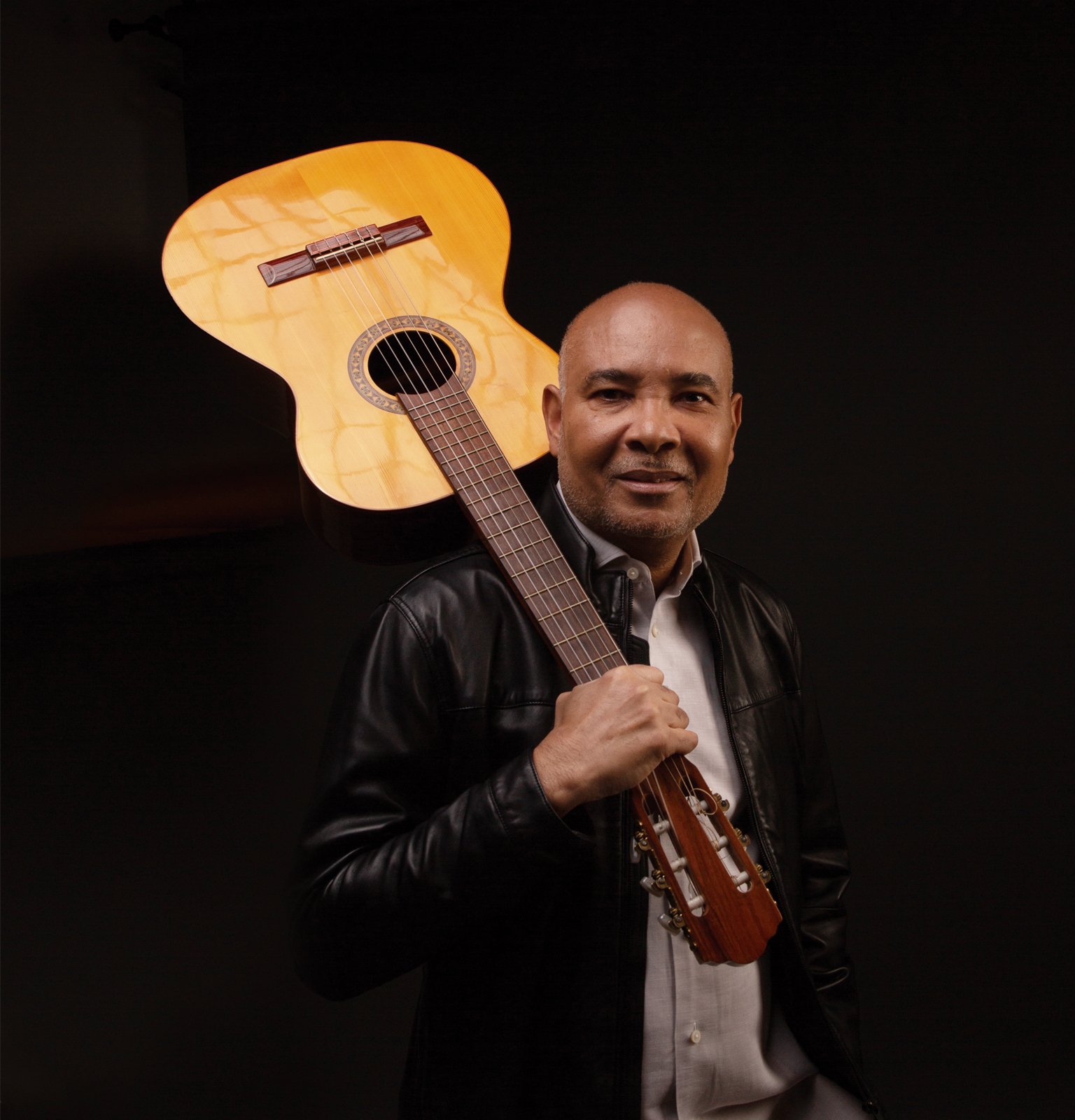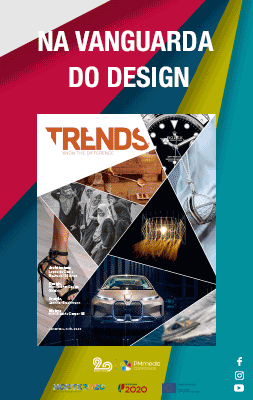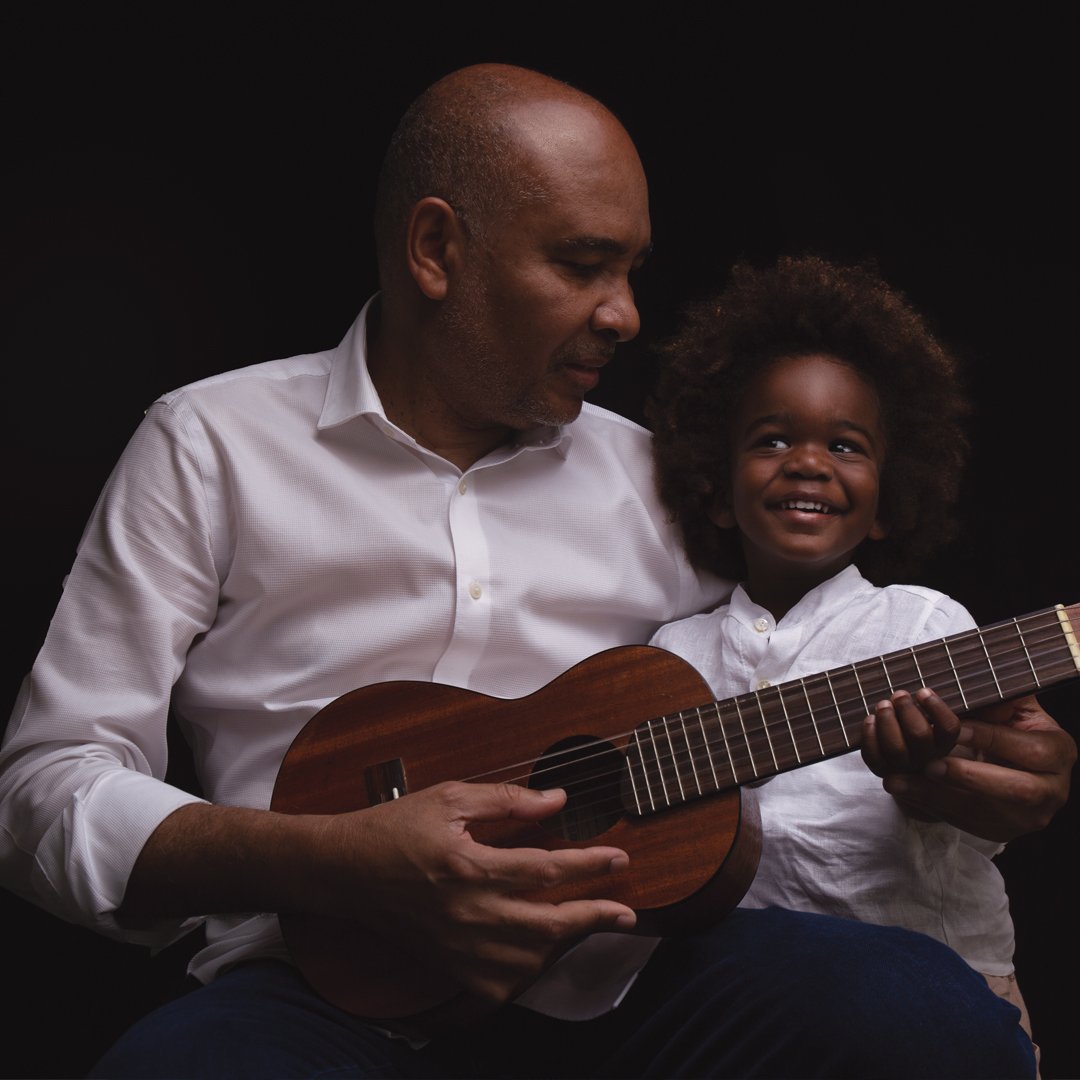
His melodic voice has led to the iconic Luanda, Meu Semba. His non-conformist spirit to his career as a lawyer. If truth be told, there’s no need to separate these two passions by full stops, as Manuel Gonçalves says he combines the two in a complementary way in his life. The public knew him as a defender of citizens’ interests for a while, but little did they know that music had been his greatest companion from an early age. Né, as he is known to his audience, is now singing Angola’s collective memory with the kind of rare beauty that is so hard to find. At the same time, he is working on laws to make the country freer and fairer. An inspiring fusion that makes him not only the manager of his two careers, but also the maestro of his own life.
You’re a qualified lawyer, but a musician at heart. How did such different fields intertwine in your life?
Music entered my life when I was seven years old, and I had my first band at the age of nine. Later on, law and its practice came into my life, and as a result, I was compelled to reconcile the two, because it’s impossible to get rid of the music that runs through my veins. So today I work in different fields, but they share common traits, as they both thrive on creativity, discipline and intensity. I can say that music is a source of balance in the face of the demands of an independent profession, but one that is very labour-intensive and under a lot of pressure, conditioned by external institutional factors that unexpectedly impose a multitude of tasks to be carried out, with often overlapping deadlines.
The legal profession is crucial to the functioning of society. What is the situation like in Angola?
The practice of law is currently conditioned by the business environment, the level of maturity of the implementation of the democratic rule of law and the quality of the functioning of administrative institutions and the judicial system, more specifically by the way in which these factors impact on the rights and interests of the country’s citizens and investors. This is where the challenges and difficulties that lawyers encounter on a daily basis come from.
You have worked in as many companies as you have held positions. You even served as the first president of the Angolan Bar Association. What is the institution’s current role in the country?
The Angolan Bar Association continues to develop a dignified role, taking on a crucial role in society. It is one of the greatest examples of participatory democracy, with regular elections that ensure institutional legitimacy, and the bar is united under the leadership of Luís Paulo Monteiro. Combining professional self-regulation with the defence of the values of the democratic rule of law is one of the bar president’s greatest virtues, especially his work to improve the legal system and the creation of an increasingly favourable environment for consultancy, representation and advocacy. I would also highlight the promotion of arbitration as an alternative for the out-of-court settlement of commercial and property disputes, as well as the monitoring of the constitutionality of laws, an endeavour that has proved effective in practice, achieving the amendment of laws in very sensitive matters.
«Law is a profession that is being increasingly recognised by society»
You’re a qualified lawyer, but a musician at heart. How did such different fields intertwine in your life?
Music entered my life when I was seven years old, and I had my first band at the age of nine. Later on, law and its practice came into my life, and as a result, I was compelled to reconcile the two, because it’s impossible to get rid of the music that runs through my veins. So today I work in different fields, but they share common traits, as they both thrive on creativity, discipline and intensity. I can say that music is a source of balance in the face of the demands of an independent profession, but one that is very labour-intensive and under a lot of pressure, conditioned by external institutional factors that unexpectedly impose a multitude of tasks to be carried out, with often overlapping deadlines.
The legal profession is crucial to the functioning of society. What is the situation like in Angola?
The practice of law is currently conditioned by the business environment, the level of maturity of the implementation of the democratic rule of law and the quality of the functioning of administrative institutions and the judicial system, more specifically by the way in which these factors impact on the rights and interests of the country’s citizens and investors. This is where the challenges and difficulties that lawyers encounter on a daily basis come from.
You have worked in as many companies as you have held positions. You even served as the first president of the Angolan Bar Association. What is the institution’s current role in the country?
The Angolan Bar Association continues to develop a dignified role, taking on a crucial role in society. It is one of the greatest examples of participatory democracy, with regular elections that ensure institutional legitimacy, and the bar is united under the leadership of Luís Paulo Monteiro. Combining professional self-regulation with the defence of the values of the democratic rule of law is one of the bar president’s greatest virtues, especially his work to improve the legal system and the creation of an increasingly favourable environment for consultancy, representation and advocacy. I would also highlight the promotion of arbitration as an alternative for the out-of-court settlement of commercial and property disputes, as well as the monitoring of the constitutionality of laws, an endeavour that has proved effective in practice, achieving the amendment of laws in very sensitive matters.
«Law is a profession that is being increasingly recognised by society»





